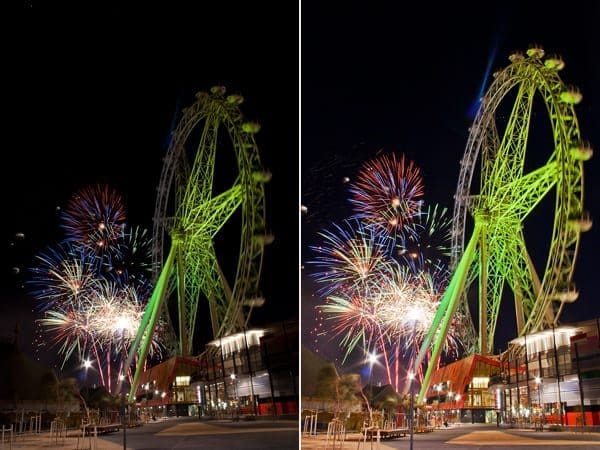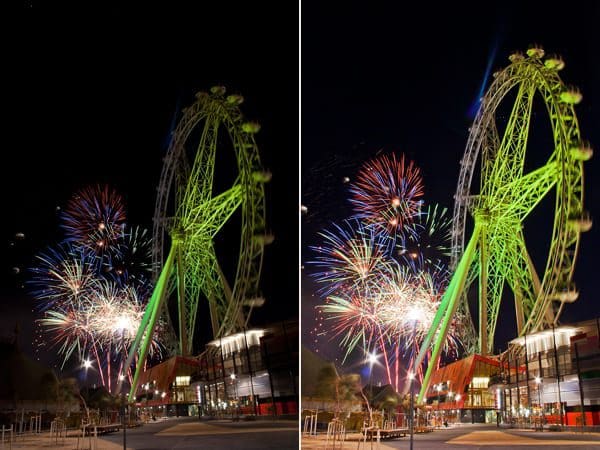
I recently came across an Internet meme showing a monkey holding a camera. The caption below it read: “Now-a-days every monkey holding a DSLR thinks he’s a photographer.”
The art of photography and photo editing has come a long way. What started off as a fascination with the just invented camera has now seen its metamorphosis in to this world of gadgets. The coming of the digital era brought with it digital cameras and made the flash cameras obsolete. It changed the corporate world too: Kodak became bankrupt for allegedly not letting go of older technology, while companies like Canon & Nikon have become the market leaders of today.
In fact, the digital age ushered in a whole new dimension to the world of photography. It relieved the photographers of their woes of sunlight spoiling the undeveloped film, the limited number of shots in a film and a lot more. With hours of battery backup and the ability to click thousands of pictures at a go, not even sunlight, or rain for that matter had the power to spoil their masterpieces.
Photo Editing in the Digital Age

Digital age also brought along with it the ease of ‘post-processing’ of pictures, a term unheard of until a few years ago. Before that, post-processing simply meant washing of the negatives in the red room. But now it means almost everything; about every single aspect of photography.
Now photographers don’t have to wait for hours on end for getting that perfect lighting conditions or stomp their feet in frustration for a photograph that’s gone wrong. From brightness levels to contrast, every single aspect imaginable in a photograph is taken care of by the post-processing software. They are like a genie—they will draw the picture up for one exactly the way one wants it to be. All one needs to do is to make a few adjustments here and there and Voila! The masterpiece is ready.
I’m reminded of the movie Vicky-Christina-Barcelona in this context. The photographer there insists on using a non-digital camera for actually learning the ‘art’ of photography, not the technology behind it. Although not the central theme of the movie, it surely says a lot in words so few. Sure, digital cameras have made life easy for the average person. Yet the nuances of this art remain the same for the photographer and that is what perhaps differentiated them from the average person until a few years ago.
They were supposed to first learn how to keep one’s hands steady, meet that perfect angle and distance and all the nitty-gritty details. After that only, they could move up the ladder. In fact, SLR’s and DSLR’s were primarily designed for professional photographers who had already mastered the basics of this art with their flash cameras.
Today few photographers follow that trend. They tend to rely too heavily on post-processing so much so that the erstwhile ‘art of photography’ has become today ‘the technology of post-processed images’. It does seem comforting to see ones pictures becoming ‘perfect’ with a few clicks of the mouse.
Many would-be photographers forget that like any other school of art, photography too needs to be learnt in a systematic and bottom-to-top way. Just like one cannot play Beethoven’s symphonies or Vivaldi’s four seasons without learning the subtleties of music, in the same way one cannot become a photographer just by touching-up ones pictures in some software.
Post-processing provides the average person with a short-cut to achieve perfection with his pictures. It is a boon for him in preserving his memories. He doesn’t need to worry anymore about how his holiday pictures would develop in the studio. Photographers, however, by their very definition are professionals. Passion drives them to their work and not the mere intention to preserve memories. Post-processing is certainly acting as an easy temptation for many of them.
They are eager to hold the big cameras without learning the fundamentals of this art with the smaller ones. This isn’t to imply that there can’t be any exceptions to the normal school of thought. History has produced many a creative genius who has risen solely on the basis of inherent talent and strong grit. But to take these deviations as the rule is really foolhardy to say the least.
Internet was hailed as the sole medium of free speech a few years ago. That was before it became The Big Brother and infiltrated our lives unlike any other modes of communication in human history. By strangling the flash of creativity, digital post-processing has the power to become just that. And it is here to stay. I dread of a time when photography might no longer be an art but a mere technical exercise.
Today’s amateur photographers must be aware of this potent drug. Personally, although I thank my digital camera for letting me keep all my memories, I still today fondly cherish that once-in-a-while perfect picture from my Kodak KB-10 more than any touched-up image.
| This is a Guest Post by Manish Parashar. He is a B.E. Mechanical Engineering student at the Manipal Institute of Technolgy, Manipal. |

All cameras do post processing in camera [When shot in JPEG] and some information is lost.
So little bit post processing a RAW file is not cheating. You will get a better dynamic range,it helps in reduce noise at higher ISO’s.
And little bit post processing doesn’t mean to make sky brown